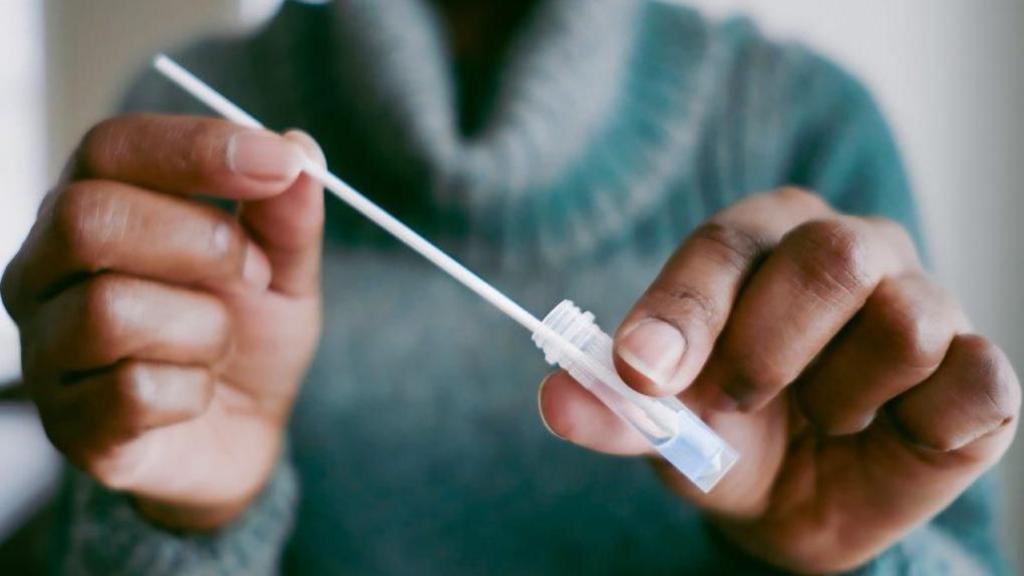Are Your Home Health Tests Reliable? Study Raises Concerns About Accuracy

Many Australians turn to home health test kits for peace of mind, but a concerning new study suggests these readily available tests might not be as accurate as we think. Researchers are warning that these over-the-counter kits, ranging from bowel cancer screening to menopause symptom assessments, can deliver misleading results and require stricter regulations to guarantee safety and effectiveness.
The Growing Popularity of Home Health Tests
The accessibility and convenience of home health tests have fuelled their popularity. They offer a seemingly easy way for individuals to monitor their health from the comfort of their own homes, potentially bypassing the need for immediate doctor's appointments. However, this convenience comes with a potential risk: inaccurate or unreliable results. Popular tests cover a wide range of health concerns, including:
- Bowel Cancer Screening: Fecal tests that claim to detect early signs of bowel cancer.
- Menopause Testing: Kits promising to diagnose menopause or assess hormone levels.
- Allergy Testing: Tests to identify potential allergens.
- Fertility Testing: Kits aimed at assessing ovulation or fertility.
The Study's Findings: A Call for Regulation
The recent study highlights significant concerns about the quality control and validation processes behind many of these kits. Researchers found that some tests lacked rigorous scientific backing, had poorly defined instructions, and were susceptible to user error. This can lead to false positives (incorrectly indicating a problem) or false negatives (failing to detect a genuine issue), both of which can have serious consequences for individuals' health decisions.
“The problem isn’t necessarily that these tests are entirely useless, but that consumers often don't understand their limitations,” explains Dr. Eleanor Vance, lead researcher on the study. “They may rely solely on the test results without consulting a healthcare professional, potentially delaying or foregoing necessary medical attention.”
Why Are These Tests So Readily Available?
Currently, the regulation of home health tests in Australia is relatively lax. Unlike prescription medications or medical devices, these kits often don't require the same level of scrutiny before being sold to the public. This gap in regulation allows manufacturers to market tests with questionable accuracy and reliability.
What Can You Do?
- Talk to Your Doctor: Always discuss any concerns you have about your health with a qualified healthcare professional before relying on a home health test.
- Research the Test: Look for independent reviews and scientific evidence supporting the test's accuracy and reliability.
- Follow Instructions Carefully: If you do use a home health test, meticulously follow the instructions provided.
- Don't Self-Diagnose: Home health tests should never be used as a substitute for professional medical advice.
The Future of Home Health Testing
The researchers are urging the Therapeutic Goods Administration (TGA) to strengthen the regulation of home health tests, requiring manufacturers to provide robust evidence of accuracy and reliability. Increased public awareness about the limitations of these kits is also crucial. Ultimately, a balanced approach – one that allows for innovation while safeguarding consumer health – is needed to ensure that home health tests are a safe and effective tool for managing well-being.
This study serves as a vital reminder that while technology offers exciting possibilities for self-monitoring, it’s essential to remain informed, cautious, and always consult with healthcare professionals for accurate diagnoses and appropriate treatment.

:max_bytes(150000):strip_icc():focal(774x307:776x309)/Shilo-Sanders-Deion-Sanders-Shedeur-Sanders-2-072825-475e03e26d204ba0897e4508be956ebe.jpg)




